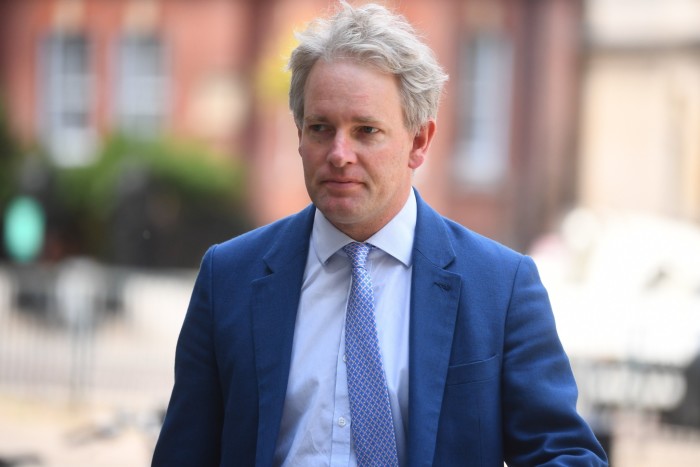The UK government is expected to launch a £700mn fund early this year that will provide long-term cash to rebuild some of the most deprived parts of Britain, as it looks to bolster its levelling-up policy.
The community wealth fund will be created from the proceeds of forgotten bank accounts and operate independently of Whitehall, according to people familiar with government thinking. It will be targeted at so-called “left behind” areas, which have traditionally struggled to win state grants and other charitable funding
If confirmed, the CWF would represent a victory for more than 600 charitable organisations, MPs and leading metro mayors in Manchester and Birmingham who have lobbied for the scheme for several years.
It is partly inspired by the success of the National Lottery’s Big Local programme, which gave £1mn to 150 English neighbourhoods to spend as they saw fit to develop their community infrastructure over a 10-to-15-year period.
Matt Leach, chief executive of Local Trust, the body set up in 2012 to deliver Big Local, said a new CWF would be “hugely positive”.
“There is a growing evidence base underpinning the case for this sort of long-term patient funding as critical to transforming the social and economic prospects of our most deprived communities.”
The idea for the fund was subject to a government consultation in 2022 and is seen as playing an important supporting role in the Conservatives’ flagship levelling-up agenda. Aimed at reducing regional inequalities, the agenda is being driven by levelling-up secretary Michael Gove.
A response to the consultation could come as early as January 26, according to ministers.
Whitehall insiders said Gove had personally backed the fund, which will be established using the Dormant Assets Scheme. Since 2008, the scheme has allowed unclaimed funds from bank and building society accounts to be given to good causes.
It was expanded in February 2022 to include insurance, pensions and securities, unlocking about £880 million for use across the UK. Of that, £738 million will be made available to England over time.
Danny Kruger, a Tory MP who in 2020 authored a report on local community power for then prime minister Boris Johnson, said the fund would differ from the array of levelling-up grants administered from Whitehall in two crucial respects.

“The key differences are that this fund would be administered by a separate institution, not Whitehall, and importantly this money is not part of government expenditure, so it is not time limited.”
Kruger said the government should heed the strong cross-party calls for a new CWF because it would support deprived parts of the UK with poor records of winning competitive bids for charitable and government grants.
“Left behind” neighbourhoods in the poorest 10 per cent of the country have consistently failed to match richer areas in bidding for support funding, according to research by an all-party parliamentary group.
Its data showed that people in those areas received, on average, £7.77 in national charitable grant funding per head, well below the national average of £12.23. Half received less than £5 per head.
Kruger added that the CWF offered more than just financial benefit, since the way it was spent would be decided by communities themselves, building on the Big Local concept.
“It’s a more trusting model than the rather prescriptive, competitive allocation of most government funds. It’s based on the principle ‘places know best’. If you give them time and the right support to spend it well, then they’ll do so.”
The Department for Digital, Culture, Media and Sport, which was responsible for the consultation on dormant assets funding, declined to comment on the creation of a CWF.

